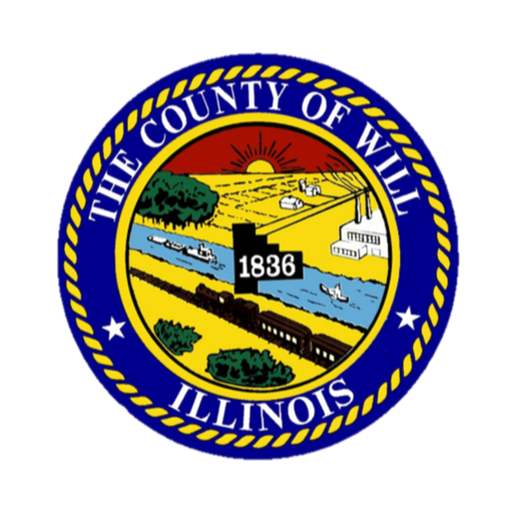New Plan Addresses Freight Growth in Will County
Further investment from regional, state, national levels necessary
Since 2005, employment in the freight industry has grown by 138% in Will County, with a further 33% expected job growth by 2026. That growth has strained infrastructure and frustrated residents who have to battle heavy traffic on local, county and interstate roads. The plan emphasizes that further investment in infrastructure is necessary to address traffic congestion, and keep the county safe and economically competitive.
“Having a strong foundation to support logistics and shipping is essential to Will County, the state, and nation,” said Will County Board Speaker, Jim Moustis (R-Frankfort). “We need to plan carefully, and invest in our infrastructure and workforce in order to keep up with the pace of freight development and to keep Will County a desirable place to live.”
The plan aims to provide community friendly strategies, goals, and policies for freight development throughout Will County over the next few years. In particular, the plan pinpoints 25 critical infrastructure projects. These include improving: I-80 from Ridge Road to US 30; the Weber Road Interchange at I-55; and the Lorenzo Road Interchange at I-55. The Plan also found that further regional, state, and national funding is essential to maintain the county’s infrastructure.
Today, Will County is the largest inland port in the country, with more than 3 million containers traversing its rails, roads, and waterways each year. The freight industry supports 55% of the county's economy and provides more than 106,000 jobs. The value of products moving through Will County each year is about $65 billion, or 3.5% of the US GDP.
The logistics and shipping industry in Will County is only expected to grow. Freight volume may reach nearly 600 million tons, valued at $1.2 trillion, by 2040. Without further planning, the Freight Plan found that the county’s current infrastructure would not be able to keep up: bottlenecks and community safety could worsen, and Will County could lose economic competitiveness.
Will County Board members knew this plan was essential to be a recipient of newly-released federal infrastructure grant dollars.
“The driving force behind this plan is to attract federal funding under the Fast Act,” said Don Gould (R-Shorewood), chair of the Public Works & Transportation Committee. “This plan will enable Will County and state officials to demonstrate the need for upgrading interstate highways for increased safety of motorists and freight carriers.”
Input for the Freight Plan was collected in part through a number of public meetings, forums, and surveys with residents and members of the freight industry.
“What I love about this Freight Plan is how it takes the community into consideration,” said Minority Leader Herb Brooks (D-Joliet). “The freight industry, the county’s economy, and residents are all connected. That’s why it’s important we implement the Plan to develop a highly-skilled workforce, as well as work on infrastructure projects.”
Brooks and Majority Whip Mike Fricilone (R-Homer Glen) will travel to Washington, DC on September 26 to present the Freight Plan before the Will County Congressional delegation. They will be joined by consultants for the plan: Ann Schneider, from Schneider & Associates; John Grueling, of CED; and Hugh O'Hara with the Will County Governmental League.
Residents can learn more about the study and its findings at willcountyfreight.org.


 RSS Feed
RSS Feed